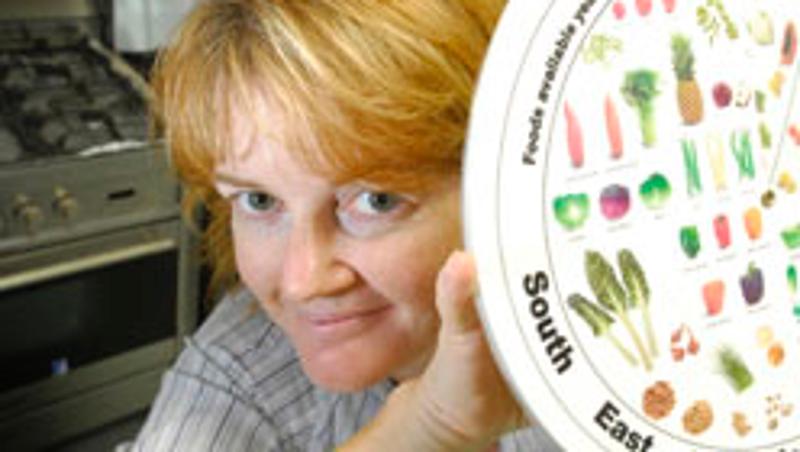
The food we choose to eat reflects our self-image, social status and cultural group as much as our taste preferences - just ask the Chardonnay socialists or the real men who don't eat quiche.
Failure to take notice of the integral place food has in our self-concept could be behind why many healthy eating campaigns are failing, says community nutritionist Dr Danielle Gallegos of QUT's School of Public Health.
She said public health campaigns on healthy eating must address food and eating in their personal, social and cultural contexts.
Dr Gallegos said one way to address obesity, and malnutrition in the elderly, would be to reconnect with food by growing, cooking and eating it in communal settings to acknowledge the central place food has in our life.
"There is much more to food than nutrients and a full feeling. Food is about people - we express piety, love, grief and solidarity through food," Dr Gallegos said.
"We use food in different settings to express who we are and where we belong in society and so campaigns to get people to change their eating habits often bring about no change.
"This is because their messages are perceived as irrelevant or unachievable by their target audience.
"People can recite the benefits of a low-fat, low-sugar diet but if you are working on a building site will you fit in if you don't eat the traditional pies, sausage rolls and soft drink?"
Dr Gallegos said food and its preparation were intimately related to the structure of society and had culturally accepted meanings that we were barely aware of but were deeply embedded in our thinking.
"Chocolate is a feminine food and meat is masculine; in private women still do most of the cooking but in public the majority of celebrity chefs are male, reflecting the traditional distinctions between public and private and male and female roles."
At the same time, the food we eat can express status: "For low income or refugee groups, for example, being able to eat more meat or take the family to McDonald's can be a sign you have made it."
Dr Gallegos said one of the key factors we had forgotten about food's cultural place is commensality or the coming together to eat a meal.
"We have lost the tradition of eating together socially and if we did share our meals we would probably have less obesity and less malnutrition in the elderly," she said.
"That's one of the reasons why McDonald's works so well - you might not know anybody else there but you can go and share the same experience with people."
She said community nutritionists were working to connect people with food in community gardens and kitchens.
"These are places where people can come together to grow, cook and share their food."
Media contact: Niki Widdowson, QUT media, 07 3138 1841 or n.widdowson@qut.edu.au.




